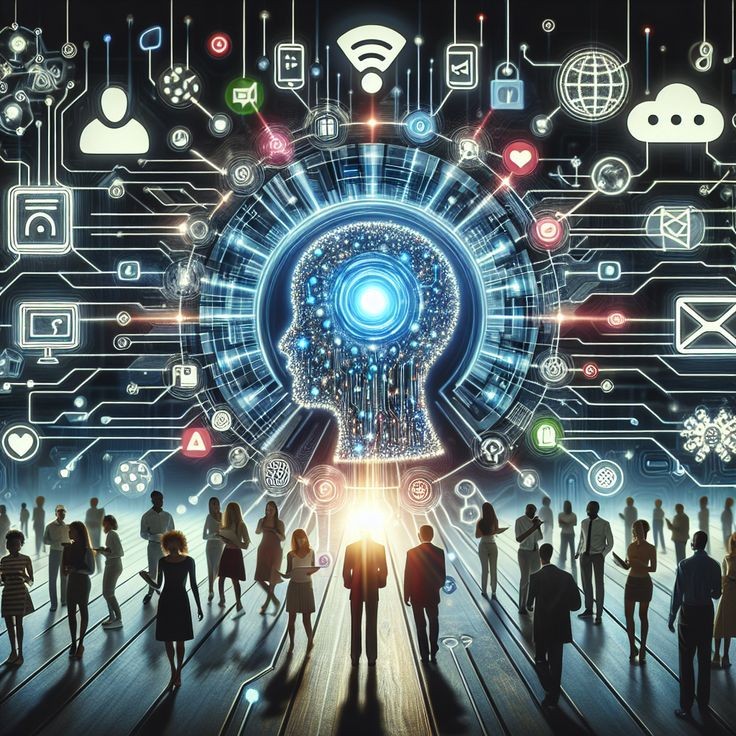Artificial intelligence (AI) has become a transformative force in modern society, but its roots trace back several decades to a time of visionary ideas and pioneering research. The concept of creating machines that could “think” like humans began as a philosophical notion, evolving into a scientific discipline during the mid-20th century.
Early Philosophical Foundations
The idea of artificial beings with intelligence can be traced back to ancient mythology and philosophical works. Greek myths, such as those of Talos, a bronze automaton, and medieval automatons, foreshadowed the human aspiration to create intelligent machines. However, it wasn’t until the 17th and 18th centuries, with philosophers like René Descartes and Thomas Hobbes, that the mechanistic view of human thought began to inspire systematic exploration of the human mind as a machine.
The Dawn of AI: 1950s and 1960s
The formal birth of AI as a field of study is credited to the 1956 Dartmouth Workshop, where scientists like John McCarthy, Marvin Minsky, and Claude Shannon gathered to discuss how to create intelligent systems. McCarthy coined the term “artificial intelligence” during this event. Around this time, computer scientists developed foundational AI programs, such as the Logic Theorist (1955), created by Allen Newell and Herbert A. Simon, which could solve mathematical problems.
In 1950, Alan Turing proposed the famous “Turing Test,” a method to evaluate a machine’s ability to exhibit intelligent behavior indistinguishable from that of a human. This marked a turning point in the conceptual framework of AI.
Growth and Challenges
The 1970s and 1980s saw both progress and setbacks. AI programs like ELIZA, an early chatbot developed by Joseph Weizenbaum in 1966, demonstrated limited but notable success in mimicking human conversation. However, technological limitations and high expectations led to funding cuts, causing an “AI winter.”
The Modern Era
AI experienced a resurgence in the 1990s and 2000s, fueled by advancements in computing power, machine learning algorithms, and data availability. Key milestones include IBM’s Deep Blue defeating chess champion Garry Kasparov in 1997 and Google DeepMind’s AlphaGo triumphing over a Go world champion in 2016.
Today, AI spans numerous applications, from autonomous vehicles and virtual assistants to medical diagnostics and creative tools, making it one of the most dynamic and impactful fields of technology.
#idea #news #modern #innovative #creative

